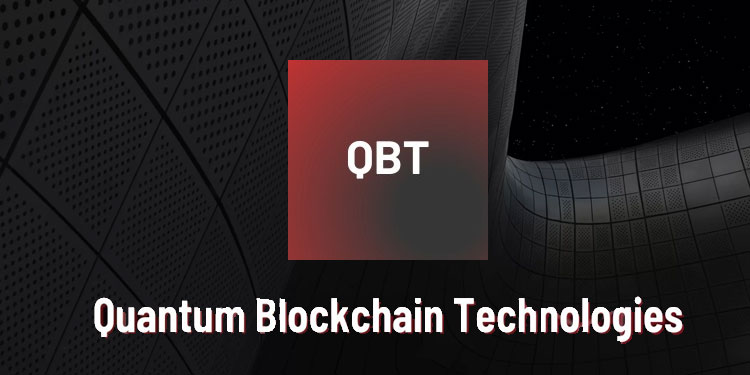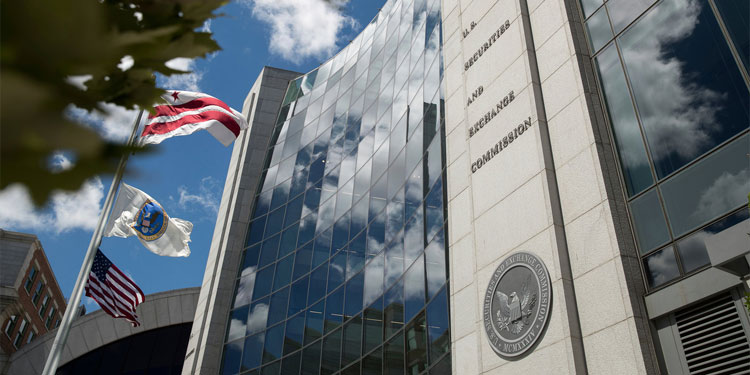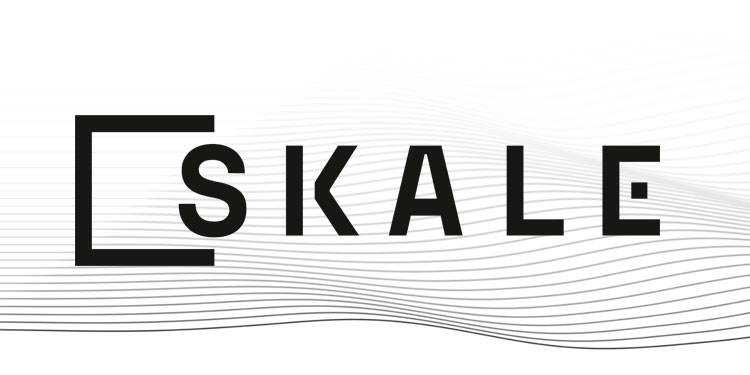Quantum Blockchain Technologies announced that the Court of Appeal of Venice delivered a judgment on June 10 regarding the appeals in the lawsuit filed by its subsidiary, Clear Leisure 2017 (CL17), against the former directors and statutory auditors of Sipiem in Liquidazione (Sipiem). This judgement largely upheld the previously awarded damages to CL17, initially announced in November 2022, with a slight reduction of €0.11 million, bringing the total awarded damages to approximately €6.1 million.
Extension of Liability
The court confirmed the liability of Sipiem’s former directors and statutory auditors, extending this liability to members of the internal audit committee and certain family members of the main defendant. This extension underscores the court’s commitment to holding a broader group accountable for the mismanagement and statutory failings that led to the damages.
Withdrawal of Appeal
One of the former directors withdrew her appeal against her insurer, which the court accepted. This decision enables CL17 to enforce the judgment for a total amount of €6.08 million in damages, inclusive of interest and adjustments for inflation. Additionally, CL17 is entitled to €0.09 million in trial court legal expenses and €0.05 million in appeal legal expenses, with the latter to be covered by the insurer. Other legal expenses were mutually compensated, with a €5,000 assessment against all parties involved.
Impact on Previous Settlement
The court’s judgement invalidated a €0.7 million settlement agreement that had been disclosed earlier in May and June. This invalidation occurred because the appeal ruling was issued before the scheduled hearing to approve the settlement. Consequently, the original agreement between CL17 and the Sipiem receiver, which granted the receiver 30% of any recovered sums net of legal fees, remains in effect.
Next Steps for Quantum Blockchain
Quantum Blockchain Technologies indicated that it is currently evaluating the situation with its legal team. The company is engaged in discussions with the receiver, the statutory auditors’ lawyers, and the insurer’s lawyers to understand the contractual implications of the voided settlement. The company has committed to providing updates on these negotiations as soon as they are available.
The statutory auditors of Sipiem are now liable to pay €1 million of the total judgement, replacing the previously agreed €0.7 million settlement. This increase in liability reflects the court’s stance on ensuring adequate compensation for the damages incurred.
Company’s Response
Francesco Gardin, executive chairman of Quantum Blockchain Technologies, expressed satisfaction with the Venice Court of Appeal’s decision, which upheld the previous ruling while broadening the scope of enforceability. Gardin emphasized that CL17 will now concentrate on collecting the €6.08 million plus interest and adjustments for inflation. Additionally, CL17 has been awarded €0.13 million for legal expenses, further ensuring that the financial burden of the legal process is mitigated.
Gardin assured that the company will exert maximum effort to seek and collect the funds from the defendants, signaling a proactive approach to securing the awarded damages.
Broader Implications
This legal victory not only affirms Quantum Blockchain Technologies’ commitment to pursuing justice but also reinforces the company’s financial position by securing a substantial amount in damages. The outcome serves as a precedent for holding directors and auditors accountable, potentially influencing corporate governance standards in the industry.
Quantum Blockchain Technologies’ proactive measures following the judgement indicate a strategic approach to leveraging the court’s decision for the company’s benefit. The ongoing discussions with legal and insurance representatives highlight a meticulous approach to ensuring compliance and maximizing recovery.
In summary, the Court of Appeal of Venice’s ruling marks a significant triumph for Quantum Blockchain Technologies and its subsidiary CL17, setting the stage for the collection and utilization of the awarded damages to further the company’s strategic objectives.









